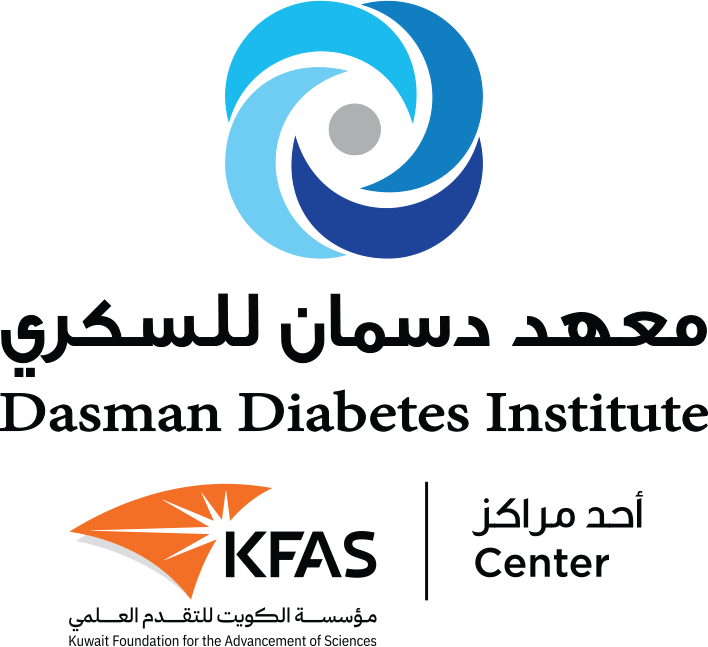
Improved Testing for Inherited Diabetes Needed
Published on 27/01/2022
More widespread knowledge of maturity-onset diabetes of the young (MODY) is required so that patients get the best treatment and management possible.
Greater awareness of rare, inherited forms of diabetes is needed across the Middle East and North Africa (MENA) so patients receive the best available treatment, according to researchers at a KFAS-affiliated center.
Experts at the Dasman Diabetes Institute in Kuwait City say people with maturity-onset diabetes of the young (MODY) are often misdiagnosed because many doctors are unaware of how it differs from more common forms of the disease.
MODY is a rare and lesser-known form of diabetes compared to the more common type 1 and type 2 diabetes. It is an inherited disease and can often run in families, usually appearing at a younger age.
In a letter published in The Lancet Diabetes & Endocrinology, Professor Fahd Al-Mulla and colleagues called for greater awareness of MODY and improved availability of genetic testing for the condition in Kuwait.
Countries in the MENA region have some of the highest rates of diabetes in the world. Around one in seven adults in Kuwait has the condition, and diagnosis of type-1 diabetes in children have doubled since the 1990s.
Unlike type 1 and type 2 diabetes, MODY is ‘monogenic’– meaning it is caused by a mutation in a single gene. If a parent has one of the causal gene mutations, their children have a 50% chance of inheriting the condition.
Since the disease is so rare and its symptoms are similar to those of type 1 and type 2 diabetes, doctors often misdiagnose it as one of the two more common forms of diabetes. However, the condition requires different treatment. Most patients, for example, do not need insulin or require only small doses. It is usually managed through lifestyle changes, weight loss and oral drugs.
“It is important to increase awareness of monogenic forms of the disease to allow patients to be referred for genetic testing so they get the right management and treatment,” says Dr. Hessa Al-Kandari, head of Public Health at the Dasman Diabetes Institute.
Correct diagnosis also means associated complications can be better managed. One form of MODY, called HNF1-beta, is, for example, associated with kidney problems, uterine abnormalities and gout.
Genetic testing also allows for improved management of relatives who may be unaware that they have MODY as well. Children born to parents who are members of the same extended family may be at an increased risk of inherited forms of diabetes.
The prevalence of MODY in Kuwait is still unknown. In a study due to be published later this year, Al-Mulla, Al-Kandari and colleagues identified several types of the condition among 60 patients whose symptoms suggested they may have it. They hope to establish a specialist MODY clinic at the Dasman Diabetes Institute to provide improved diagnosis, management and treatment and address this gap in the control of diabetes in Kuwait.
To read more about Dr. Hessa’s research, please click HERE.
To read more about the Population Health Department, please click HERE.


